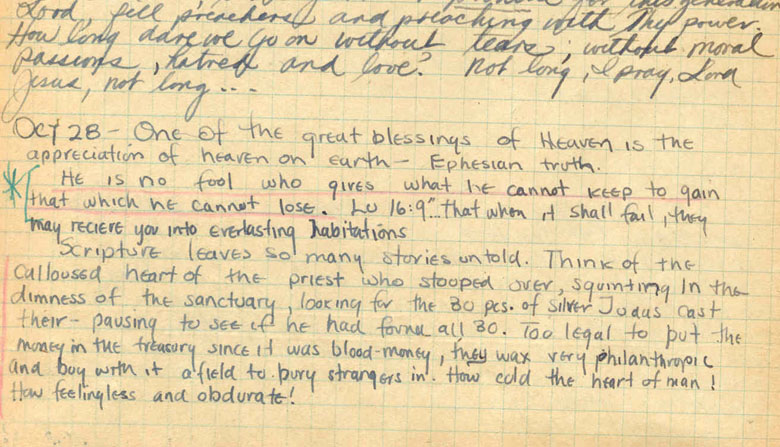This is my favourite summary of the parable:

He is no fool who gives what he cannot keep to gain that which he cannot lose.—Jim Elliot (October 28, 1949 journal entry)
It refers to the pivotal verse:
And I tell you, make friends for yourselves by means of unrighteous wealth, so that when it fails they may receive you into the eternal dwellings.—Luke 16:9 (ESV)
To me, the parable is about giving up worldly wealth for the sake of the Kingdom of God. Our life on this earth is short and will soon be taken away from us. It might seem foolish to cheat our master, but only if we are in service of a greater master. That's why Jesus adds:
If then you have not been faithful in the unrighteous wealth, who will entrust to you the true riches? And if you have not been faithful in that which is another's, who will give you that which is your own? No servant can serve two masters, for either he will hate the one and love the other, or he will be devoted to the one and despise the other. You cannot serve God and money.”—Luke 16:11-13 (ESV)
Jim Elliot serves as a wonderful example of this. He left his young wife and baby daughter to visit the Waodani people, who are an indigenous people in the Ecuadorian Amazon. It was well known to Elliot and his four companions that the Waodani were extremely violent. They were killed, but as a result many Waodani became Christian. This was the story told in the documentary Beyond the Gates of Splendor.
Summary
The master is this world—our service to it is temporary. Therefore, we must not be fooled into serving worldly things, but ought to use worldly things to obtain eternal things.
